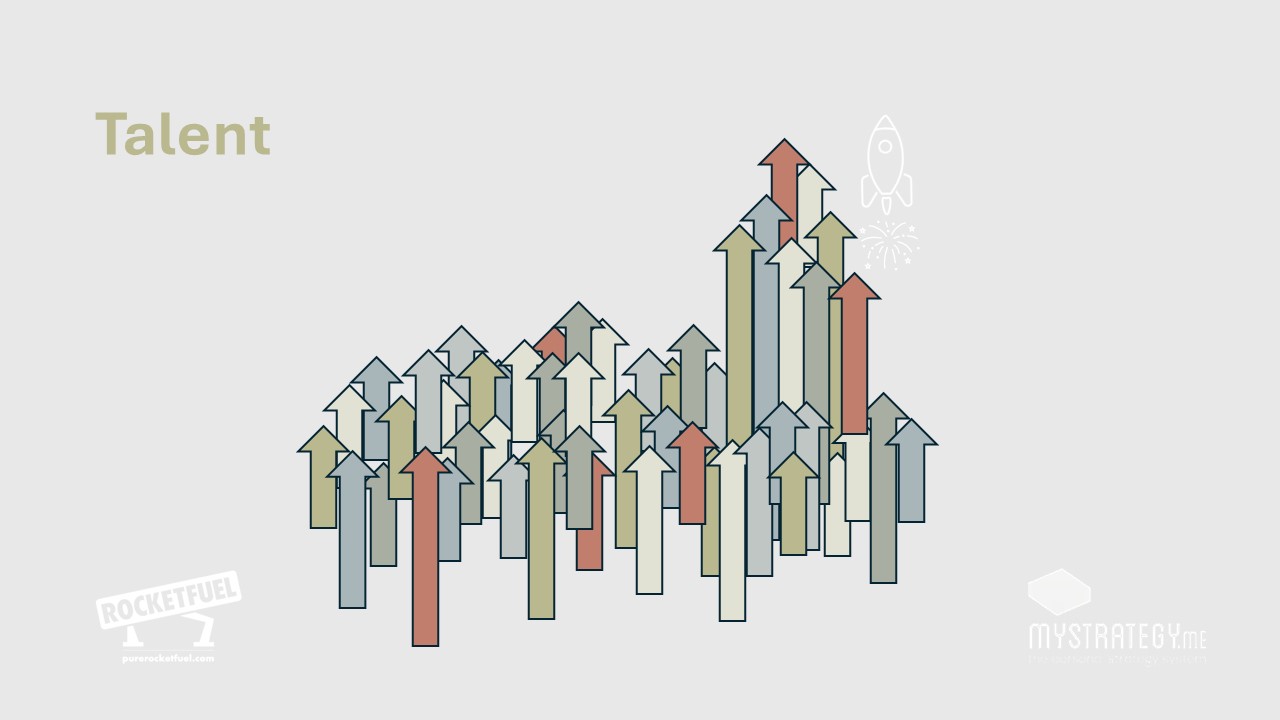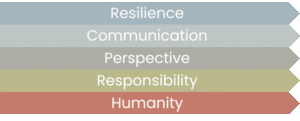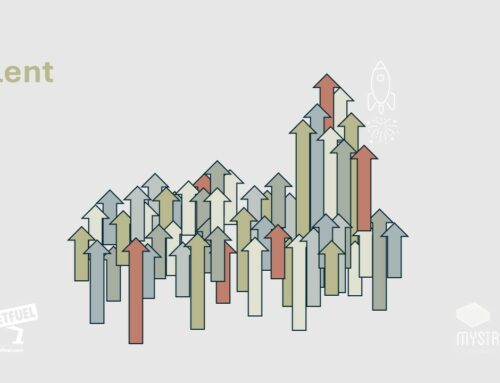
Patience, and eventual clarity, comes from properly understanding the Learning process, and stages of competence are a vital point of ongoing observation, reminds Leadership & Performance Coach, Davina Greene.
Learning is a high-profile thing in recent years. Social media and Zoom chats are full of humblebrags about knits, bakes, and random artistic adventures, and it’s lovely. However, sometimes the process of getting to the point of competence isn’t all that lovely. If you want to learn or teach, it can be helpful to understand learning – and people – from a few different angles. You know, to dial up the emotional intelligence in this regard, so no one kills anyone in the process.
Learning: The Stages of Competence
When we learn, we generally go through four different stages. The first is Unconscious Incompetence (“I don’t know what I don’t know”): picture the teenager grabbing the car keys under the assumption that driving is super-easy, dashing towards the driving seat, giving you near heart failure.
Next, Conscious Incompetence (“I’m beginning to realize all the things I don’t know”): picture said teenager cutting out several times in the driveway before proceeding to reverse out onto the road, nearly hitting a giant truck. The fear has now kicked in; his resilience decides whether he continues or runs away (As an aside, this is stage where we all ditch the ‘New Year’s Resolution’ yoga class, bemoaning our lack of bendiness relative to that of our intimidating classmates…).
Next comes Conscious Competence (“I’m able to do it, but I’m very aware of every step”). He’s now driving around the locality competently, but probably chanting “Mirror, signal, maneuver” out loud for a sense of security.
Finally, the aspiration: Unconscious Competence (“Did I really just drive home from work? I don’t remember anything about it”). That is, the new normal. Depending on the skill being acquired, mastering these stages can take seconds (‘how to boil a kettle without burning the house down’) or months (‘how to drive a car with full confidence and competence’).
Alternative Learning Views
Within that, there are other angles – to minimize the duration of moving through the Stages of Competence, it is important to understand how any person most easily learns.
For example, the “Visual, Auditory, Kinesthetic” approach: a theory around since the 1980’s, commonly used but oft disputed, too. Lots of people learn by watching others do the task first, or by drawing maps or pictures to convert the lesson from words to images (visual). Some people can learn by just listening (auditory). Some people learn best by doing the task, essentially learning by ‘feeling’ the process (kinesthetic).
I’m very visual, for instance. When people look for guidance, I’ll often cheekily ask “How long are you going to talk at me for?” and point them towards a whiteboard, to sketch out whatever process or issue they’re asking about. When people are trying to teach me something practical, kinesthetic is my preference: talk me through it while I do it, rather than while I watch you do it. But if my ears are all you’re willing to rely on, good night and good luck. Audiobooks are yet to fully breakthrough into my world – far to much rewind-and-replay ensues!
Alternative terminology by Honey & Mumford considers if the learner, be it you or someone else, is an Activist, Theorist, Reflector or Pragmatist. In brief:
- the Activist is more likely to grab the keys out of your hands and rush towards the driving seat.
- the Theorist probably wants to go read a few books or watch a few videos about driving first (if you speak technically, they may listen to you for a bit).
- the Reflector wants to listen to you and view the materials, go away and think about what you said, then come back and try driving.
- the Pragmatist may want to listen to you a little, watch you a little, read a little, but then get behind the wheel fairly promptly.
So, in short: it’s complicated!
But, whichever terminology you choose, the Stages of Competence are always running in tandem.
Being Supportive of Different Stages of Competence
When you have responsibility for teaching other people, in whatever context (your children, children/adults in a classroom, employees, assembling a local volunteer group to achieve a certain goal…), being able to effectively engage with people is a key part of that role.
To go back to my favorite 5 Core Traits: the ability of a person to learn will partially depend on their Resilience, Communication skills, Perspective and Responsibility. Your ability to teach will depend on those same things from your side, plus your Humanity in handling a person who is struggling.

Whether you are dealing with your children or with a colleague who is taking all your energy to train up, or engaged in some other form of learning now or in the future: take a deep breath. There is a solution, but don’t try to guess it. Talk it out as best you can: “What’s your favorite way of learning something?” is a great, simple question to find the quickest path to move through the Stages of Competence. Through learner self-knowledge, clarity will come!
To know if you’ve completed the Stages of Competence, “Are you confident for me to walk away and entirely delegate this to you now?” is a good question.
People learn differently. Know what questions to ask, and adapt to their stage, for success to come faster.
Interested in investing in your own personal – and personal strategy – development? Check out www.MyStrategy.me!
Share This!
About the Author



